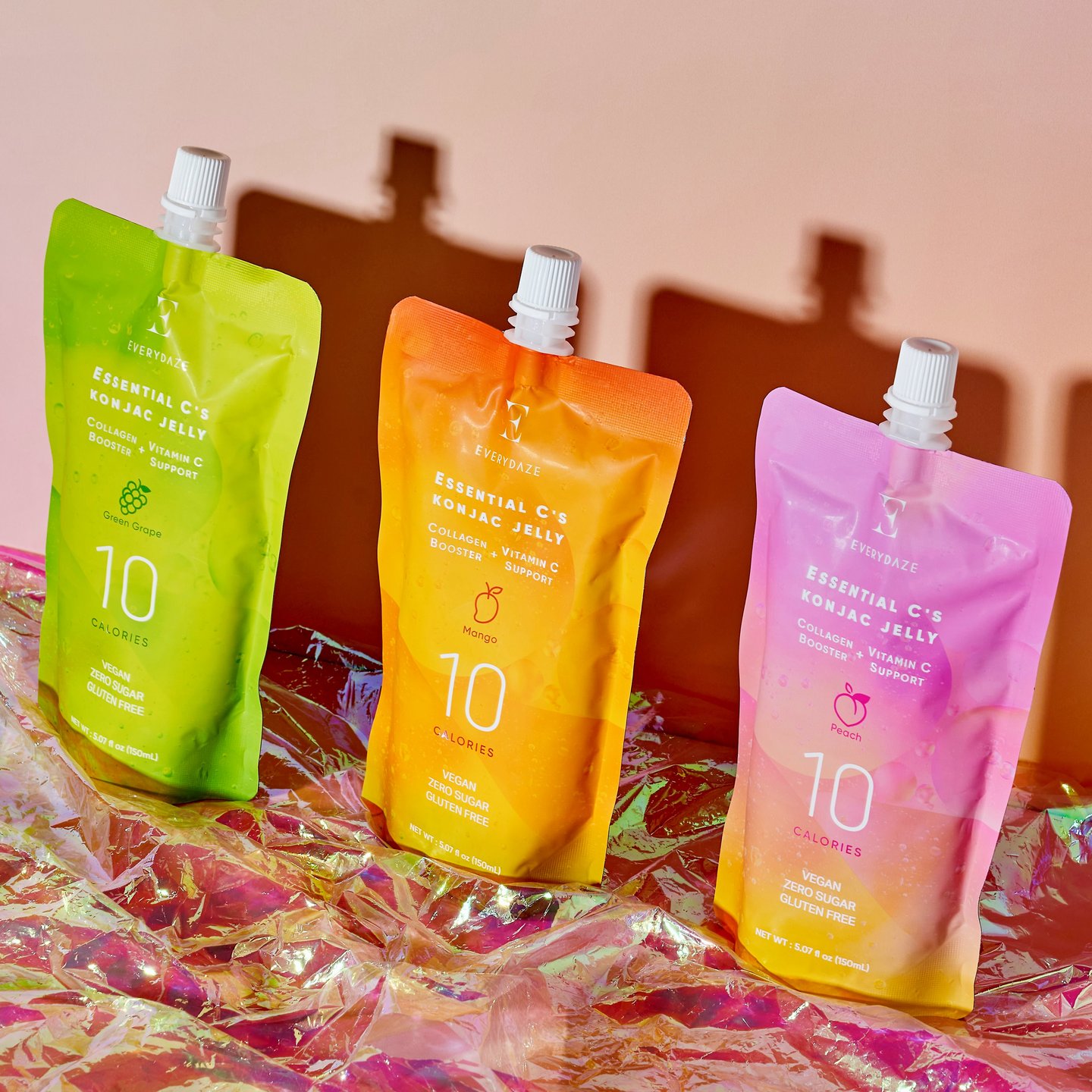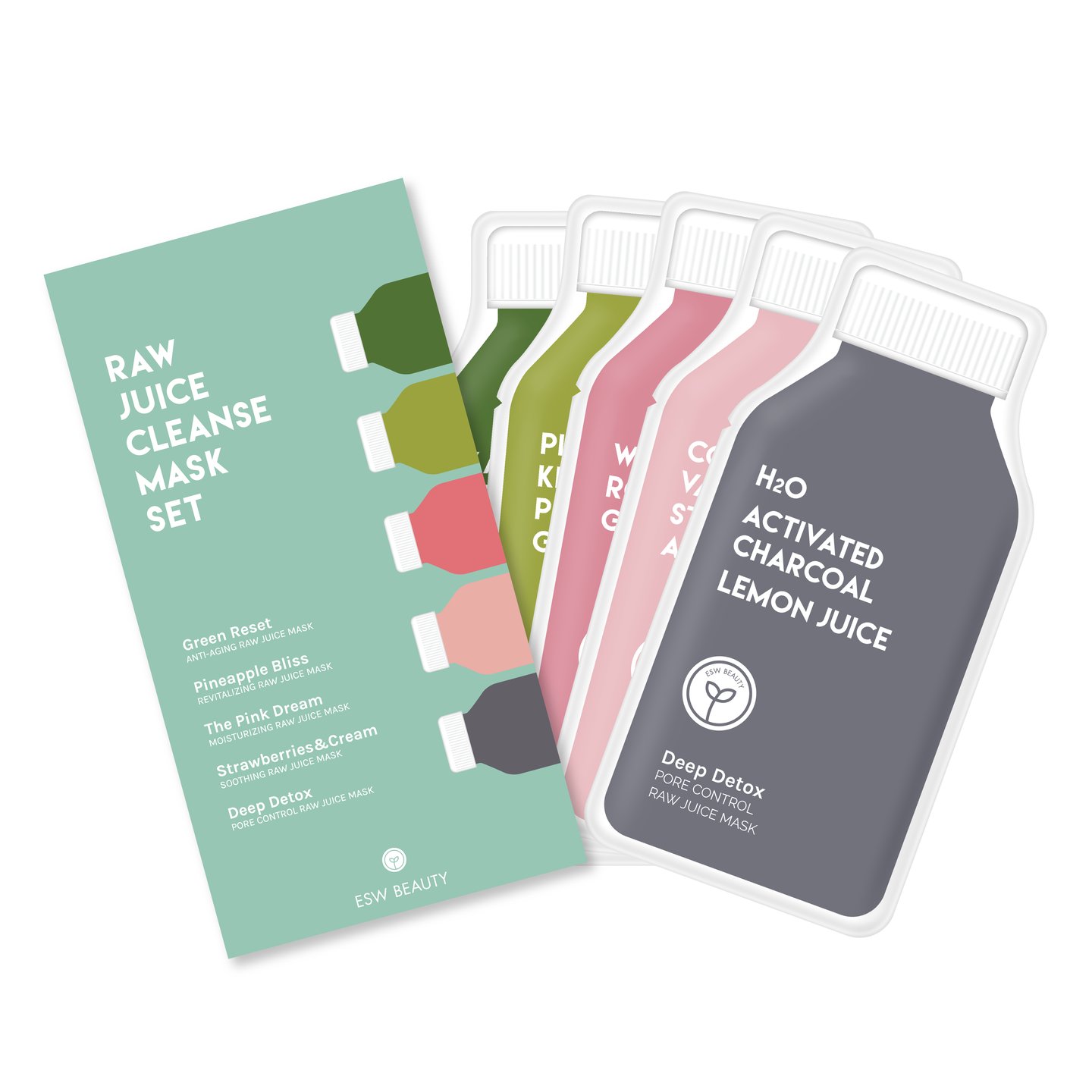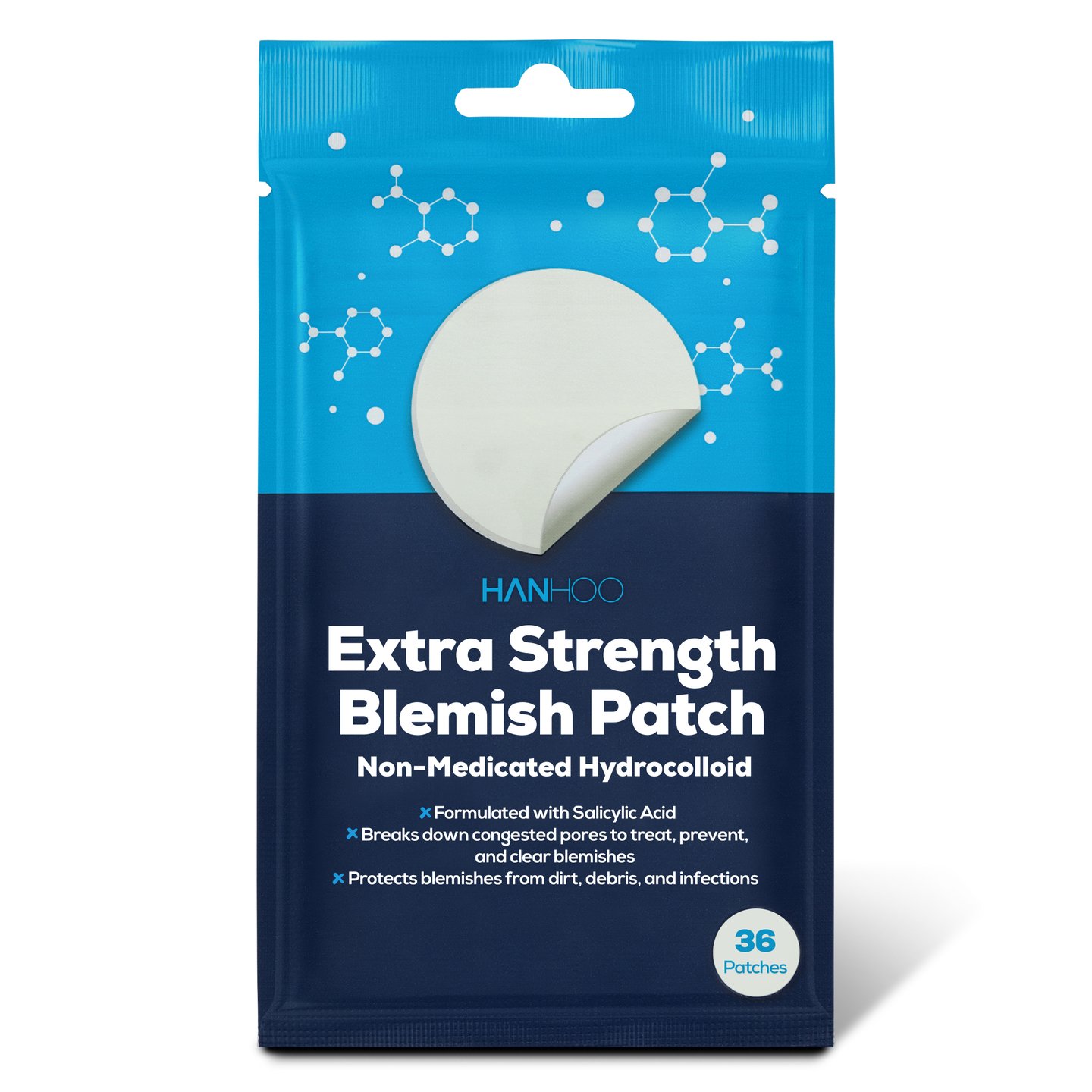Mass Appeal: How marketers are winning the skin care game
Mass market skin care sales remain a bright spot in the beauty category — outpacing gains in most other categories. As a result, brands like CeraVe, Cetaphil and Neutrogena go toe-to-toe with prestige brands three times their price tags.
With a challenging microeconomic climate, drug and discount stores are luring more shoppers to their shelves for skin care. DSN investigates why shoppers think it is cool to buy mass skin care right now:
- Earned Trust: Brands sold in mass stores, especially legendary names such as Olay, CeraVe, Curel, Garnier and Neutrogena, have proven track records. According to an IRI report presented at the second annual Dermatology and Retail Alliance in Austin, Texas, 64% of shoppers polled believe brands sold by drug stores or mass merchandisers are as good as higher-priced department store brands.
- Value for the Price: Success of mass brands prove skin care doesn’t need to break the bank. “As the beauty industry has evolved over the past five to 10 years, there has become greater access to high-quality ingredients, product technology and shared expertise. This has allowed more brands to create incredible products at a variety of price points and offer them at different retailers outside of prestige department stores,” said Jeremy Abesera, founder and CEO of Provence Beauty, which will bow at Ulta Beauty this month priced under $25. “We believe this shift made way for more savvy shoppers who know that price point no longer dictates product efficacy or performance.”
Dermatologists have long recommended CeraVe because of the range’s efficacy, but also fair pricing. CeraVe is the leading brand in almost every skin care subcategory in multi-unit doors, per IRI.
“We at CeraVe have always believed that skin care does not need to be expensive or complicated to be effective. Since inception, CeraVe’s foundation has been rooted in dermatology and a commitment to provide affordable, efficacious products backed by science,” said CeraVe’s Jasteena Gill, vice president of marketing of the brand whose products are priced under $35. “As we continue to expand our arsenal of products, from cleansers and sunscreens to acne treatments, therapeutic ointments and more, ensuring all formulas are efficacious, developed with dermatologist and available at a drug store price continues to be a priority so that consumers can easily create a skin care routine customized to their needs.”
[Read more: Inside Beauty: Hairitage’s Mindy McKnight takes hair care by storm]
- Experts on Hand: The presence of pharmacists and/or trained beauty consultants is part of the appeal of mass marketers. Retailers are taking that knowledge to the next level. Walgreens is freeing up pharmacists so they can interact with customers who have skin care concerns. They work in conjunction with the retailer’s more than 3,000 beauty experts who are trained to recommend skin care regimens, according to Heather Hughes, Walgreens group vice president, GMM of beauty, personal care and seasonal.
Rite Aid develops educational information about new skin care products which is shared with its pharmacists, according to Summer Kerley, Rite Aid’s vice president, clinical and market access solutions. There is a barrage of new skin care items hitting the market, Kerley said, and the education helps everyone in the store know what’s new and where to find it. There are greater opportunities to leverage the symbiotic relationships between pharmacists, derms and beauty experts.
Studies show close to 70% of Americans indicate they have some skin issue, yet only 38% seek the help of derms or other professionals. Derms also face restrictions from insurers who won’t always pay for topical solutions, so they recommend retail options. This leaves a gap that pharmacists and beauty advisors can fill. While social media has spurred sales with hacks and tips, there is also a great deal of misinformation. Derms and other experts are joining in and bringing well-informed posts and often directing shoppers to stores with professionals who can help them find the right product.
- Derm Brands are Proliferating: The facial skin care brands with the greatest consumer reach are mostly dermatologist recommended, according to Laura Toscani, consultant analytics and insights at IRI. The researcher’s data revealed that consumers buying derm-focused brands spend 14% more than average skin care shoppers. More than 50% of those queried said lines backed by derms are important in making a purchasing decision. Demand encourages more derm brands to expand to mass doors.
CVS is currently experimenting with Skin Care Centers filled with derm-recommended brands such as CeraVe, LaRoche-Posay and Vichy, along with emerging lines such as Volition, Wander Beauty, Blume and, recently, Proactiv. “We made the move to introduce Skin Care Centers, complete with on-site skin diagnostic tools, guidance from CVS Beauty Consultants and licensed estheticians and products that until that point had only been found in prestige beauty retail,” said Andrea Harrison, CVS’ vice president of beauty and personal care. “This, combined with some of the most well-loved, clinically proven skin care brands we already offered, created an enhanced new assortment.”
Derm heritage is certainly a secret weapon for CeraVe.
“We firmly believe the reason we have experienced long-term success as a brand is because of the dermatologist-developed formulas intentionally curated with our namesake ingredient, ceramides. Our formulas curated with three skin-identical ceramide ensures that all CeraVe products work to simultaneously restore and repair the skin barrier while also providing their individual benefits, so that consumers have a diverse range of effective, affordable products to choose from to curate their skin care routine,” Gill said. “Word of mouth has continued to be a key factor in the success of our brand, which includes dermatologists recommending our products to their patients, leading to new users and lasting brand loyalists.”
[Read more: How nurturing relationships with skin care professionals builds retail sales and credibility]
- Technology Democratizes the Skin Care Shopping Experience: Despite the increase in trained staff on the floor, the mass market is still primarily self-service — a challenge for a SKU-intensive category like skin care. Technology is helping sort through the confusion. CVS’ Skin Care Centers offer on-site skin diagnostic tools to help consumers identify customized skin solutions. The centers offer two L’Oréal-owned tools: LED technology from SkinScope and ModiFace’s Derm Skin analyzer. Consultants from L’Oréal’s Active Cosmetics Division are employed by the centers to operate the SkinScope LED technology to help consumers find the right products from L’Oréal’s brand portfolio, including CeraVe, La Roche-Posay and Vichy. A ModiFace Derm Skin analyzer is an AI-based technology developed by dermatologists to precisely assess skin and any potential changes through live video.
- The Wellness Factor: Skin care is considered part of overall wellness routines. Pharmacies have a leg up when it comes to selling ingestibles, which are gaining notice for improving beauty from the inside out. “Supplements work well since mass marketers are getting into the business and there is synergy with pharmacies,” explained Yamit Sadok, vice president of marketing, Twinlab Consolidation Corporation, which offers a range of items to benefit skin, hair and nails, including its Reserveage brand. The intersection of beauty and wellness is top of mind at Ulta Beauty.
“In the last year we rolled out The Wellness Shop in 800 of our doors,” said Ulta Beauty’s vice president of skin care, sun care, fragrances and bath Penny Coy. “There are wellness products throughout the store, but this curated area showcases products that range from facial products to ingestibles/supplements to taking the spa routine at home beyond the pandemic. In the last month we rolled out intimate wellness taking products such as devices and lubricants and making them accessible to guests.”
- Mass Wins the Space Race: Skin care is becoming segmented with specific products for acne, eczema, etc. Mass merchants, according to Juan Morillo, marketing director for Xtreme Beauty/Okay Pure Naturals, have space to offer items to match all needs. “Mass merchandisers and drug stores are winning because they house so many different products. Department stores are limited in their selections and lack product diversity. Drug store brands have stepped their game up and include the same or the equivalent ingredients to high-end department store brands,” he said, adding that consumers are more informed than ever on ingredients and their benefits and expect to see a full array of choices.
[Read more: L’Oréal educates consumers on product environmental impact with labeling system]
On the Cusp of New Trends: The mass market has launched, rather than followed, several skin care breakthroughs such as patches. Hero Cosmetics’ Mighty Patch (which was just acquired by Church & Dwight), for example, bowed at Target. Chains such as Target and Walmart provide launch pads for nascent brands. Clean and sustainable brands also appeared on drug and discount shelves ahead of many department stores, propelled by lines such as Pacifica, Pura D’or and Burt’s Bees. Big box retailers were out of the gate fast on K-beauty. New in the space is Heal Me CICA, a range of five products under the JOAH banner. The CICA ingredient (known as ‘tiger grass’ because tigers in Asia would roll around in the plant to help heal their wounds), is used in skin care for healing and soothing properties, according to Hae Jin, JOAH’s brand director. The five items include a blurring and cooling primer, a foam cleanser, toner pads, spot patches and a cooling gel mist.
RangeMe Top Performers: Skin, Bath & Cosmetics
Hanhoo
Extra Strength Blemish Patch
SRP: $6.00
The Extra Strength Blemish Patch is a hydrocolloid patch infused with salicylic acid to help alleviate breakouts by clearing clogged pores. The patch can be used to treat pimples formed under the skin, such as blind, recurring blemishes and hormonal breakouts. Just leave the patch on for 6 to 8 hours and visibly see the drawn-out impurities.
EVERYDAZE
Essential C's Konjac Jelly - Collagen + Vitamin C - Peach - Box of 10 Packs
SRP: $24.99 for a box of 10 packs
EVERYDAZE Essential C’s Konjac Jelly is a multifunctional snack that elevates your snacking experience with the beauty-boosting wellness properties of collagen and vitamin C. At just 10 calories, it’s the perfect healthy substitute for sugary and high-calorie snacks, while delivering beauty from within! This vegan, zero sugar, gluten-free, fat-free, keto-friendly and cruelty-free snack is available in four flavors: peach, mango, green grape and apple.
ESW Beauty
Raw Juice Cleanse Sheet Mask Set
SRP: $30
Restore and renew your skin with a set of raw juice-inspired masks that provide anti-aging, revitalizing, moisturizing, soothing and pore control functions. Similar to a multiday juice cleanse, get the best results by targeting each skin concern with ESW beauty’s five-day skin treatment. The mask set includes: Green Reset Anti Aging Raw Juice Mask, Pineapple Bliss Revitalizing Raw Juice Mask, Pink Dream Moisturizing Raw Juice Mask, Strawberries & Cream Soothing Raw Juice Mask and Deep Detox Pore Control Raw Juice Mask.
Methodology: The products selected are RangeMe Verified brands that received the highest positive buyer interaction scores within the skin, bath and cosmetics categories — a score that represents a combination of buyer views, messages, saves, sample requests and purchases of the product. The RangeMe verification process confirms that brands and products meet certain standards and requirements that RangeMe’s retail partners look for before doing business with a brand.






